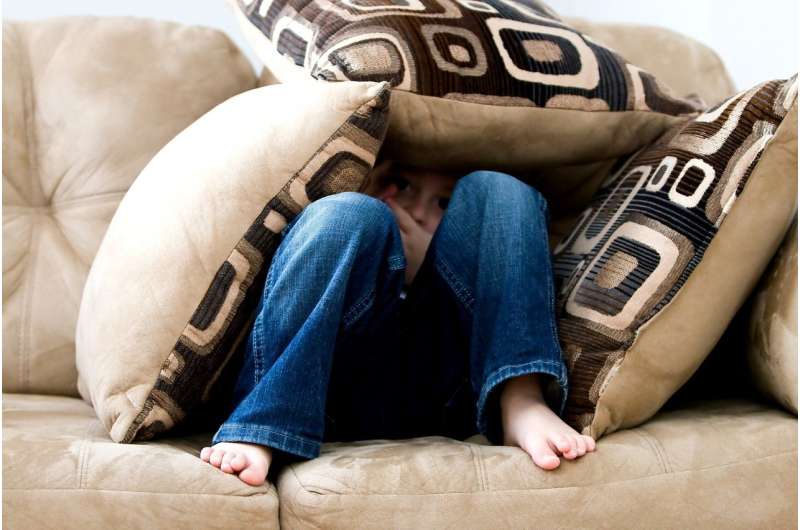Childhood Emotional Abuse May Damage Trust in Your Body

A new study reveals that childhood emotional abuse and neglect are linked to reduced trust in one's own body signals, emphasizing the importance of emotional support in child development.
Recent research highlights the profound impact of emotional abuse and neglect during childhood on an individual's ability to perceive and trust their own body signals, a phenomenon known as interoception. A meta-analysis conducted by scientists from TU Dresden and FU Berlin examined data from 17 studies involving 3,705 participants to explore the connection between childhood maltreatment and interoception. While there was no overall link between maltreatment and general body perception, findings indicated that experiences of emotional abuse and neglect significantly correlated with reduced trust in one's own body.
Interoception plays a vital role in emotional regulation, stress management, and overall well-being by enabling individuals to interpret internal signals like heartbeat, breathing, and stomach activity. Disruptions in this ability can lead to challenges in emotional regulation and perceiving personal needs, which may increase vulnerability to mental health issues.
Julia Ditzer, the study’s lead author, explained that those subjected to emotional abuse or neglect tend to report less trust in their bodies, which can have long-term consequences including impaired emotion regulation and heightened risk for mental disorders such as anxiety, depression, eating disorders, and somatoform conditions. Dr. Ilka Böhm emphasized that, despite its impact, emotional maltreatment often receives less attention than physical or sexual abuse because it is less visible.
Prof. Anna-Lena Zietlow advocates for greater societal and professional awareness about emotional abuse and neglect, urging researchers and policymakers to recognize these forms of maltreatment as critical. Ensuring children receive not only physical protection but also emotional support and nurturing is essential for their healthy development.
Building on these findings, the team is investigating the link between childhood maltreatment and interoception in adolescents aged 12 to 17, aiming to deepen the understanding of how early emotional trauma influences bodily awareness and mental health outcomes.
This research underscores the importance of addressing emotional aspects of childhood maltreatment and promoting emotional well-being through targeted interventions, fostering healthier outcomes for affected individuals.
Source: Medical Xpress
Stay Updated with Mia's Feed
Get the latest health & wellness insights delivered straight to your inbox.
Related Articles
Educational Attainment Outperforms Heart Health in Predicting Memory in Those Over 90
A new study highlights the strong link between higher education and preserved memory in individuals over 90, while midlife cardiovascular risks show no impact on cognitive function at this age. Lifelong learning emerges as a key factor in brain health for the elderly.
Innovative Wearable Sweat Sensor Detects Stress Responses in Real-Time
A groundbreaking wearable biosensor called Stressomic can continuously monitor multiple stress hormones through sweat, enabling better stress management and health monitoring in real-time.
Evidence-Based Strategies to Effectively Manage Chronic Stress
Discover practical, evidence-based strategies to help manage chronic stress, boost resilience, and enhance overall well-being through simple, sustainable habits.
Childhood Loneliness May Increase Risk of Cognitive Decline and Dementia in Adulthood
New research finds that loneliness during childhood is linked to increased risks of cognitive decline and dementia in adulthood. Early social interventions could help mitigate these long-term health impacts.



